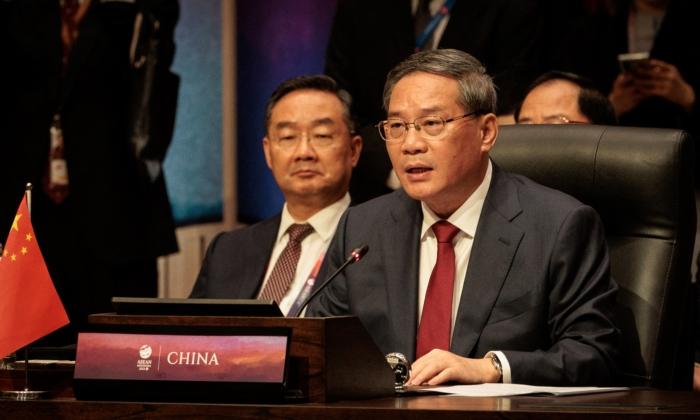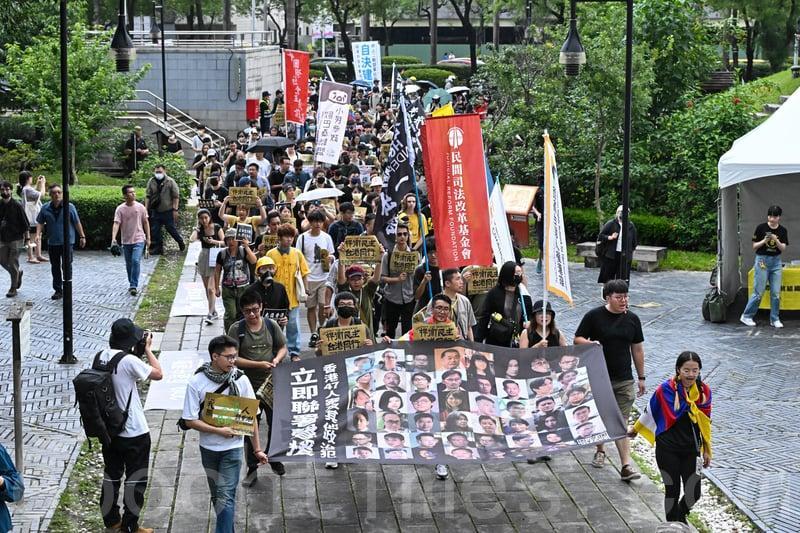U.S. automaker Tesla has been suddenly pushed to the forefront of the Chinese Communist Party’s (CCP) propaganda, gaining importance to the current U.S.–China relationship. The fact that the company is becoming a new bargaining chip for the CCP against the United States should serve as a resounding warning to foreign companies operating in China: To gain access to the Chinese market, foreign companies may have to pay a price far beyond their imagination.
On Feb. 8, the Chinese state-run media Xinhua reported that Tesla was summoned by five government departments, including the General Administration of Market Supervision, to discuss consumers’ complaints about quality issues such as abnormal acceleration, battery fires, and remote vehicle upgrades. The next day, Xinhua issued three commentaries on the incident, headlined “Tesla Responded to Being Interviewed by 5 Departments: It Will Strictly Abide by Chinese Laws and Regulations,” “What’s the Warning Behind Tesla Being Questioned,” and “Tesla, There’s No Special Treatment When Faced With Quality Issues.”
Tesla’s response seems to indicate the company is protecting itself in advance. Perhaps the executives at Tesla China have already sensed trouble and, to avoid being accused of illegality, hastened to make such a declaration. This is perhaps Tesla airing its grievances in disguise. This isn’t just a product-quality issue, as the CCP is likely trying to make an example of Tesla.
Tesla’s competitors in China should have no fewer quality problems than Tesla does. Limited by the overall lack of innovation and technological skill, China’s competitiveness in this new industry is still limited. Of course, the CCP is aware of the disadvantages of domestic brands. Yet it publicized Tesla’s quality problems in a high-profile manner. The fundamental purpose here wasn’t to really help consumers resolve problems, but rather to fight the United States.
Tesla’s response suggests that the firm wants to avoid political problems as much as possible. But even if Tesla can escape a catastrophe today, it may be difficult to avoid one in the future.
Before Tesla entered the Chinese market, the electric vehicle sector was already surging in China. The CCP gave a large number of subsidies to Chinese automakers to encourage tech innovations. By allowing Tesla to enter the Chinese market, the CCP likely had its eye on Tesla’s technology.
It isn’t difficult to understand that the CCP can’t allow Tesla to take the lead. Once Tesla’s main technology is set up for mass production, sooner or later, Tesla will be kicked out of the Chinese market. But the technology and equipment will have to stay, and the dollars won’t be allowed to leave China. Of course, the CCP may use Tesla as a bargaining chip in the U.S.–China relationship as needed.
Tesla is keeping its head down in order to stay in the Chinese market. But Tesla may not realize that taking this approach won’t resolve the long-term hidden dangers—as long as it continues to deal with the CCP.





